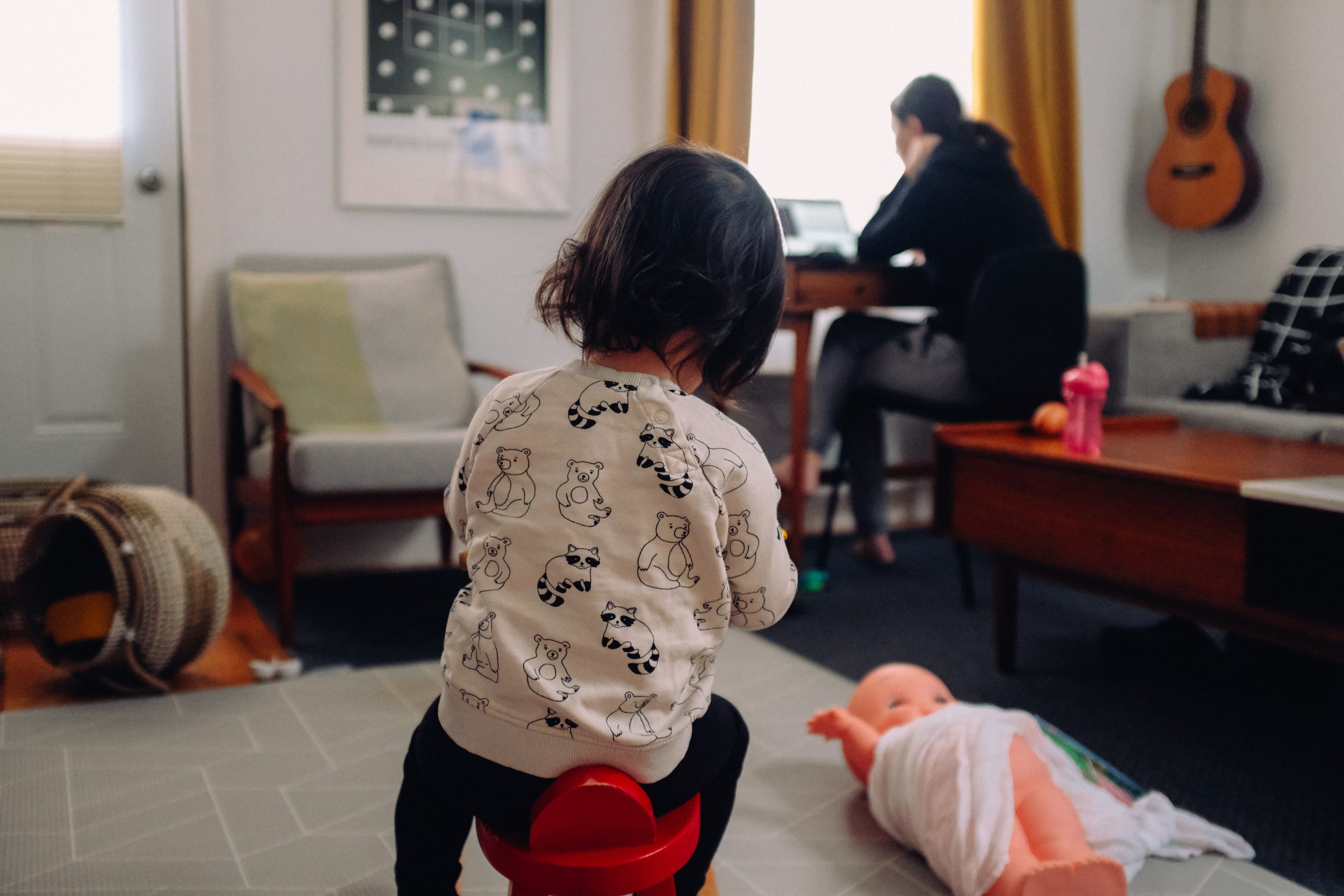Today, Monday 5 December 2022, LSE’s Department of Media and Communications will hold a public event to celebrate the legacy of Professor Emerita Robin Mansell. We have invited some of Robin’s present and former colleagues and students to contribute their thoughts on the impact she has had both on them personally, and on the field of information and communication technologies theory and practice. In this post, LSE’s Professor Shani Orgad reflects on the parallels between the values and principles animating Robin Mansell’s work and her practice and ethics as a colleague.
Monday 5 December 2022, LSE’s Department of Media and Communications will hold a public event to celebrate the legacy of Professor Emerita Robin Mansell. We have invited some of Robin’s present and former colleagues and students to contribute their thoughts on the impact she has had both on them personally, and on the field of information and communication technologies theory and practice. In this post, LSE’s Professor Shani Orgad reflects on the parallels between the values and principles animating Robin Mansell’s work and her practice and ethics as a colleague.
In her masterpiece book, Imagining the Internet (Oxford University Press, 2012), Robin Mansell proposes a new framework for reimagining the internet on a more just basis. She offers an alternative vision of the information society, which, as she eloquently writes, ‘resists the excesses of the market without abandoning it, and which encourages experimentation and creativity in mediated environments, with less risk to aspirations for the good society’.
Indeed, Mansell’s ground-breaking scholarship over four decades has focused on imagining how to contest the power asymmetries and inequalities which disadvantage and harm the poor and marginalized in societies around the world, and how to design creative solutions that contribute to more inclusive and equitable societies. Her scholarly and policy work has been committed to imagining and realising an Information and Communication Technology (ICT) infrastructure that truly supports more inclusive, just, and knowledge-based ways of organizing, accounting and governing.
There is a remarkable parallel between this profound dedication, which animates Mansell’s scholarship and policy work, and her practice, ethics and conduct as an academic. The values and the normative vision she advocates for in the information society, she embodies as a person.
Like the information society, so, too, academia has been subject to increasing market constraints, pressures, and logics. The dramatic transformations in the political economy of academia—what some describe as the ‘neoliberalization’ and ‘corporatization’ of academia’—have produced a radical shift in both scholarly practice and academic life.
But Robin has demonstrated a very different way of ‘being’ in contemporary neoliberal academia.
In contrast to what Rosalind Gill describes (and many of us have been experiencing) as the ‘harsh decline in care, kindness and compassion in academic workplaces’, Robin has been an extraordinarily generous, collaborative and supportive colleague, teacher and mentor. In a work culture where everyone is under constant time pressure, Robin always makes time to meet you, to read your work and to offer the most detailed, constructive, and supportive feedback—even, and often, when it is on a topic not remotely related to her areas of research. She is a mentor in the truest sense, not simply because mentoring is part of the (very long!) list of her responsibilities, but because she cares deeply about people’s development and wellbeing. Whether students or colleagues, junior or senior, Robin is always—literally always—-available and willing to listen, to offer support, nurture people’s intellectual growth and help protect and enhance their personal wellbeing.
Robin has, no doubt, been an extremely prolific scholar and thus a model of the productivity demanded in contemporary academia. Yet at the same time, she has resisted individualism, competitiveness, and instrumental relationships as the route to achieving such impressive productivity.
Robin’s scholarly work, which is always grounded in robust analysis, has focused consistently on both diagnosing the social, political, cultural, and economic factors shaping the information society and identifying effective solutions for scholars and decision makers. The same principles apply to her work as an academic, manager (twice acting as the Head of LSE’s Department of Media and Communications), colleague, teacher, and mentor. The many ideas and solutions she has proposed and implemented have always been the outcome of careful analysis and problem diagnosis. Similarly, she always carefully examines the measures, solutions and policies designed and introduced by others, in terms of their being evidence-based and their likelihood to benefit and empower people in equal and fair ways.
Robin’s commitment to enhancing the benefits of ICTs for citizens and stakeholders while privileging equity and justice is matched by her tireless efforts to improve equality in the university. There are boundless examples. In her role as LSE Deputy Director and Provost from 2015 to 2016, Robin actively ensured that all LSE Departments were recognized on a more equal footing and that hiring and promotion practices were backed up by agreed guidelines, thereby helping to promote gender and racial equity. She also promoted and then chaired the first ever LSE working group on Gender Pay Equity which eventually led to a gender pay adjustment. The list is long.
For me, Robin has been all this, and more. I searched for a metaphor that captures all she has done and been, but there is no one metaphor that is enough. She is a solid and protective leader who has consistently deflected pressure from the university and academia in an effort to safeguard her colleagues and students. At the same time, she is extremely active, creative, and dynamic and generously shares her abundant intellectual energy with others. Indeed, her generosity is immense.
It has been a gift to have worked with Robin over twenty wonderful years.
This article represents the views of the author and not the position of the Media@LSE blog, nor of the London School of Economics and Political Science.





